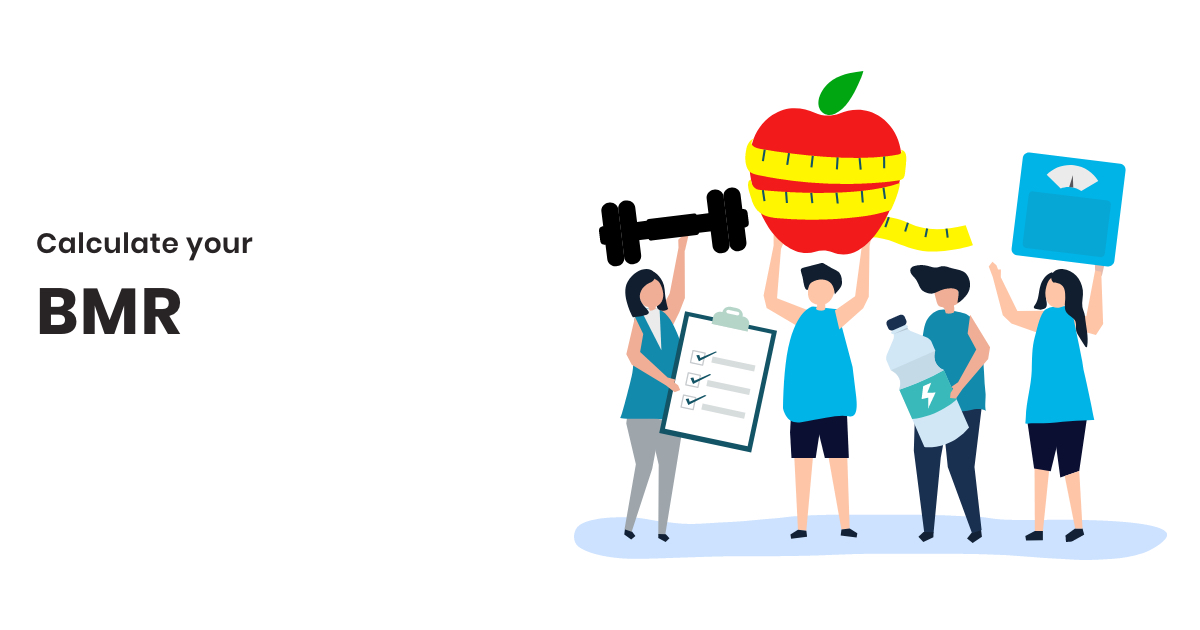BMR Calculator – Estimate Your Daily Calorie Needs Instantly

This BMR Calculator estimates your Basal Metabolic Rate, which is the number of calories your body needs to perform basic functions like breathing, digestion, and maintaining body temperature at rest. Knowing your BMR helps you manage weight, plan diets, and understand daily calorie needs.
How to Use the BMR Calculator
Enter your age, gender, height, and weight in metric or US units. The calculator uses either the Harris-Benedict or Mifflin-St Jeor formula to estimate your BMR, and gives results in calories/day.
BMR Formulas
1. Mifflin-St Jeor Formula (Most Accurate)
- Men: BMR = 10 × weight(kg) + 6.25 × height(cm) – 5 × age + 5
- Women: BMR = 10 × weight(kg) + 6.25 × height(cm) – 5 × age – 161
2. Harris-Benedict Formula (Classic Method)
- Men: BMR = 66.5 + (13.75 × weight in kg) + (5.003 × height in cm) – (6.75 × age)
- Women: BMR = 655.1 + (9.563 × weight in kg) + (1.850 × height in cm) – (4.676 × age)
Total Daily Energy Expenditure (TDEE)
Multiply your BMR by an activity factor to estimate your total daily calorie needs:
| Activity Level | Multiplier |
|---|---|
| Sedentary (little/no exercise) | 1.2 |
| Lightly active (1–3 days/week) | 1.375 |
| Moderately active (3–5 days/week) | 1.55 |
| Very active (6–7 days/week) | 1.725 |
| Super active (twice/day training) | 1.9 |
Why Use a BMR Calculator?
Your BMR is the foundation for understanding how many calories you burn daily. Whether you're trying to lose weight, gain muscle, or maintain your weight, calculating BMR helps personalize your nutrition and fitness strategy.
Frequently Asked Questions (FAQs)
What is BMR?
Basal Metabolic Rate (BMR) is the number of calories your body burns at rest to maintain life-sustaining functions like breathing and cell production.
Which formula is more accurate?
The Mifflin-St Jeor formula is generally considered more accurate for modern body types, while Harris-Benedict is the traditional method.
Is BMR the same as TDEE?
No. BMR is your base calorie need at rest. TDEE includes your physical activity level and represents total daily calorie expenditure.
Can I use this to lose weight?
Yes. Knowing your BMR helps you set calorie targets. Eat 500 calories/day less than your TDEE to lose approx. 1 pound/week.
Does BMR change with age?
Yes. BMR decreases with age as muscle mass drops. Regular strength training and good nutrition help maintain a higher BMR.
Related tools: BMI Calculator, Calorie Calculator, TDEE Calculator.
